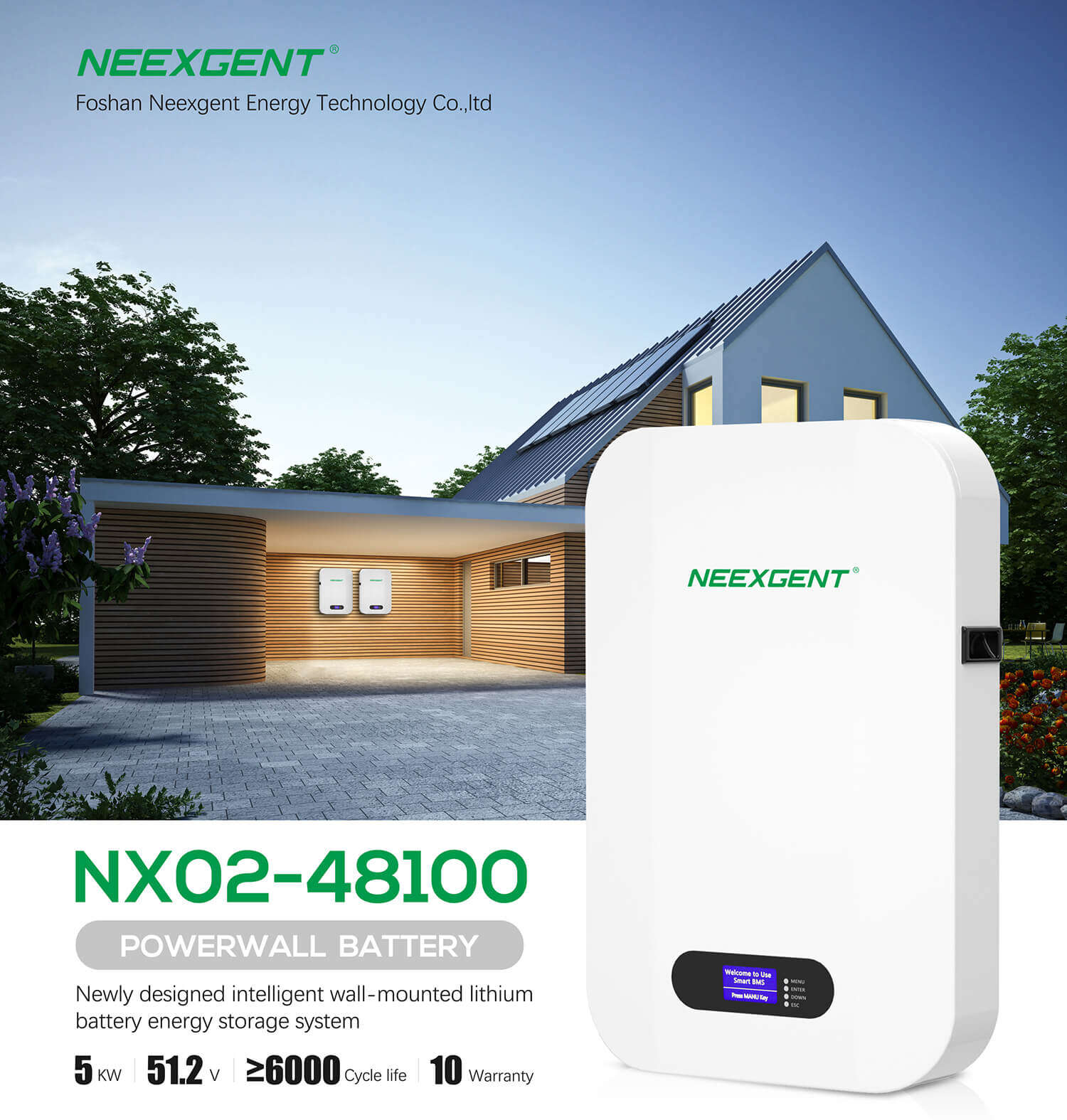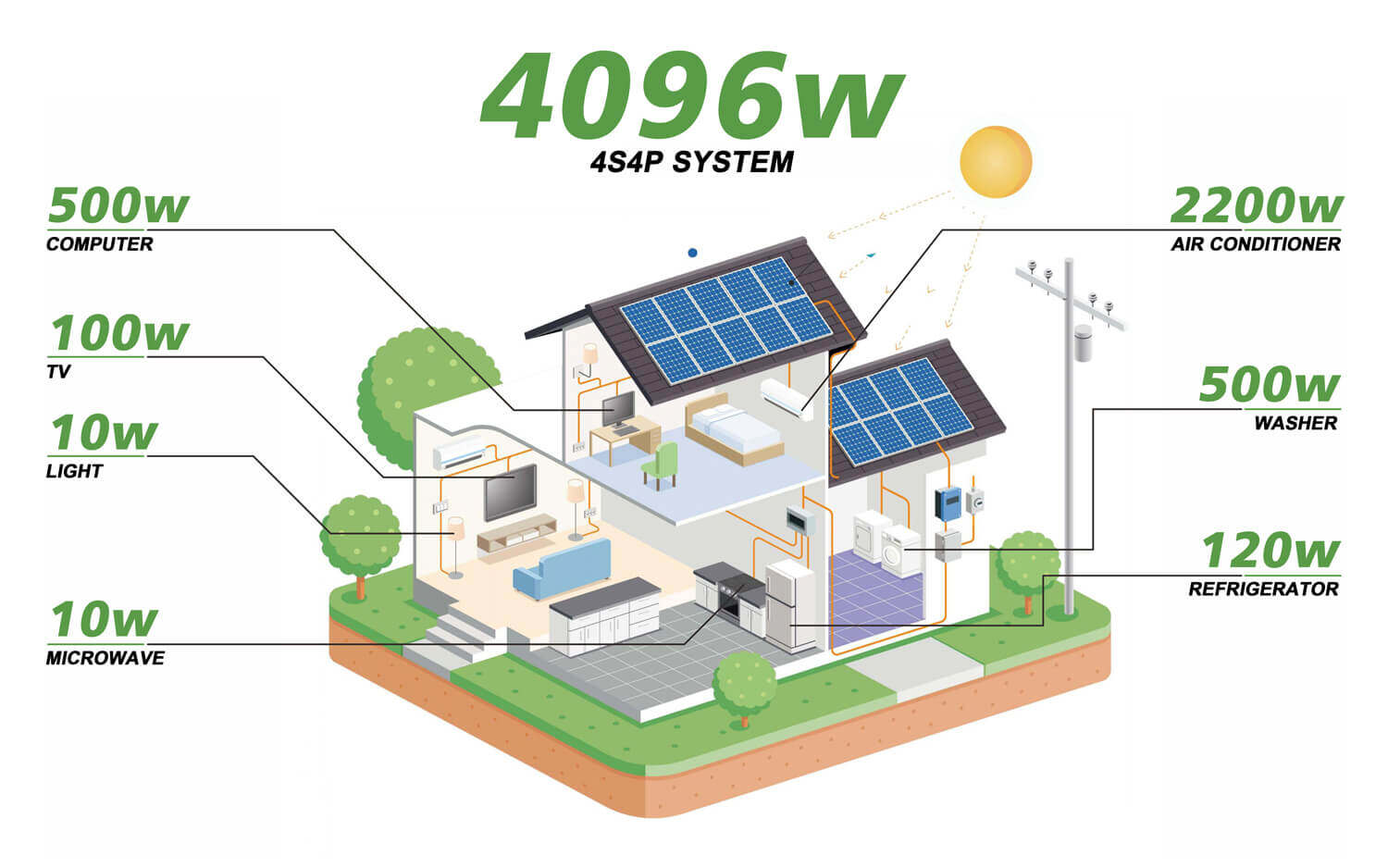Amid the rush progress of these days, the plea for reliable and effective power storage solutions is found to be at its highest. The power cell battery has often been considered to be the backbone of modern energy storage systems. Its importance cannot be underestimated in powering various devices and applications: from portable electronics to electric vehicles and renewable energy systems.

A power cell battery is what?
A high energy density and long-lasting performance are special advanced energy storage devices. In general, it is used in most cases where the provision of steady and reliable power is key. This means that, unlike traditional batteries (which at times have difficulty meeting the needs of high-drain devices), power cell batteries are specifically designed to be able to deliver constant output of power over long periods.
Types of Power Cell Battery
Power cell batteries come in various types, each tailored to specific applications and requirements:
- Lithium-Ion (Li-Ion) Battery: Known for its high energy density, lightweight, and long cycle life, the Li-Ion battery is widely used in smartphones, laptops, electric vehicles, and more. It is the preferred choice for applications where size and weight are critical factors.
- Lithium Iron Phosphate (LiFePO4) Battery: This battery offers a safer alternative to traditional Li-Ion batteries, with a longer lifespan and improved thermal stability. It is commonly used in renewable energy systems, electric vehicles, and backup power solutions.
- Nickel-Metal Hydride (NiMH) Battery: While not as energy-dense as Li-Ion batteries, NiMH batteries provide a more environmentally friendly option and are often used in hybrid vehicles and rechargeable household devices.
- Solid-State Battery: The solid-state battery is currently in the research and development phase for use in electric vehicles and other high-performance applications. A further evolution of energy density, charge time, and safety over liquid electrolyte batteries is the solid-state battery.

Applications of Power Cell Battery
The power cell battery finds application across a multitude of industries, including:
- Consumer Electronics: It includes energy storage in batteries for powering portable consumer electronic devices, smartphone, laptop and wearable devices. The Power Cell ensures high performance and effective device running.
- Electric Vehicles (EVs): One of the largest consumers of power cell batteries is the automotive industry, notably in producing electric and hybrid vehicles. High energy density and long cycle life make these batteries ideal for powering EVs, which helps to reduce dependency on fossil fuels as well as promote sustainable transportation.
- Renewable Energy Storage: The storage system is very important for the absorption of energy produced from renewable sources like solar and wind. This means that with excess energy, these batteries provide a steady and assured power supply even during the night or when there is no wind.
- Medical Devices: Within the healthcare industry, the power cell battery finds applications in life-critical devices such as pacemakers, defibrillators, and portable medical equipment where reliability and longevity take all the credits.
- Backup Power Systems: Additionally, the power cell battery is used in Uninterruptible Power Supplies (UPS) and backup power systems such as emergency power during outages to ensure continuity for vital systems.With the pace at which technology is advancing, the future of the power cell battery is very bright. Innovations in material science, battery chemistry, and manufacturing processes have high prospects of further increasing energy density levels, quicker charging times, and enhancing safety even more so solid-state batteries. This specific type has the capacity to entirely transform the energy storage sector by enabling more effective and sustainable power solutions.
The Future of Power Cell Battery
With the relentless advancement of technology, the future of power cell batteries is undoubtedly bright. Innovations in material science, battery chemistry, and manufacturing processes are likely to bring about higher energy densities plus faster charging times and better safety features. More specifically, solid-state batteries stand ready to change the energy storage sector forever— ushering a new era where efficiency and sustainability mark all power-related endeavors.
The power cell battery: without it, much of modern technology and the myriad devices and systems that fill our daily lives would not exist. As we hurtle towards a more sustainable future, the development of ever more advanced technologies for energy storage and management— with their chief component being the power cell battery— will come to play a central role in driving innovation, shaping the way we power the world forever.







